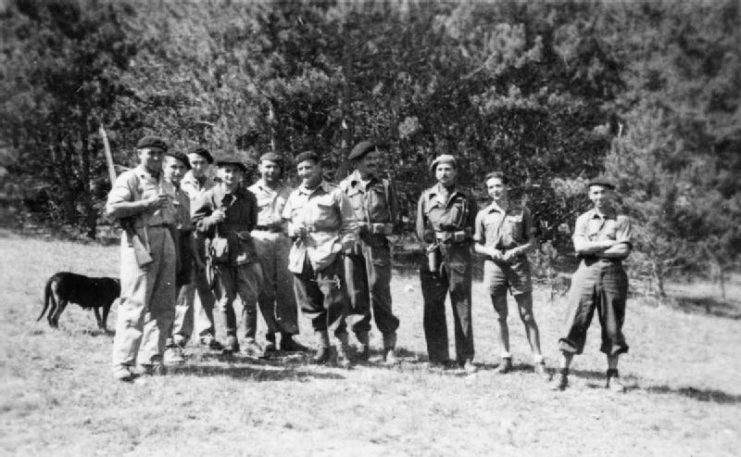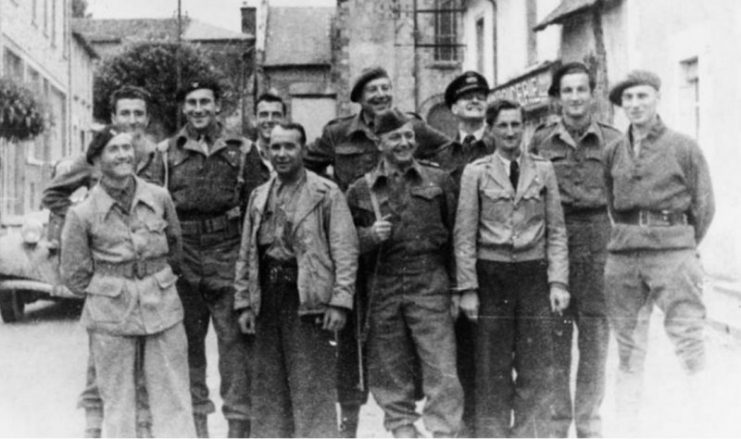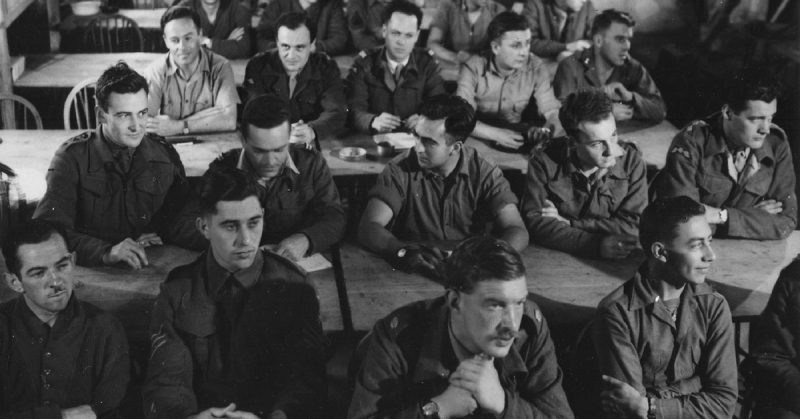Among the little-known facts about the second world war was that Winston Churchill employed a league of hand-picked spies and assassins to assist in the Allied effort against the Nazis. Officially, they were the Special Operations Executive (SOE), but in private they were often referred to as ‘Churchill’s Secret Army’ or the ‘Ministry of Ungentlemanly Warfare.’
The SOE erected its headquarters in two family homes on Baker Street, and from there they recruited both men and women. The senior staff consisted of the usual suspects – ex-public school and Oxbridge, but their agents included a peculiar amount of socioeconomic diversity, including electricians, journalists, and even a former chef, but later expanded quite considerably as the war progressed, ultimately recruiting up to 13,000 people, 3,200 of whom were women, and spread out across Europe in every country experiencing conflict with the Nazis except those it had been mutually agreed between the UK and her allies, the Soviet Union and America, should be left alone. The SOE also set up headquarters in neutral countries as a countermeasure against potential Nazi aggression.

Training was both physically and mentally grueling and included such skills as killing while unarmed, the elements of disguise, train derailment, and how to escape from handcuffs. When these skills were sufficient to be used in the field, there was still one aspect of training required for every SOE soldier, and that was the cover story. Each SOE operative had a background especially tailored to their individual skills with adroit attention paid to every detail of the story. The general understanding was that any mistake or incongruity, no matter how seemingly innocuous, could ultimately spell doom for the operative and thereby the failure of the mission. Hence, the disguise included such things as French tailored clothes for French operatives and cigarettes popular in Germany for German operatives.
All of this was entirely necessary given the clandestine nature of their missions. This elite squad used espionage tactics in every enemy-controlled nation in Europe and southeast Asia and achieved successes that regular military forces would not have been able to accomplish. Some of these achievements include the assassination of Richard Heydrich, who was known as the chief architect of the Holocaust, as well as the organization of the French Resistance network around Bordeaux, the Pyrenees, and Toulouse. The SOE successfully blew up the Gorgopotamos rail bridge, which was a vital supply point for Rommel’s army, and not least in Norway in 1943, when SOE agents ended the Nazi atomic bomb program by destroying the heavy water plant at Vemork. Some of their day to day tactics included such things as aiding the French resistance through the sabotage of German operations by cutting off power and telephone lines.

All of these were perpetrated within the SOE’s overall framework of objectives, which included sabotaging morale and fomenting hatred between the Axis-occupied countries and the occupied nations, thereby forcing the Axis to commit resources towards maintaining dominance over the conquered territories.
The organization was dissolved on January 15th, 1946, and a memorial erected in London to its memory in 2009. Now, though, a new television offering from the BBC seeks to bring the memory of this squad back to life in a show called Secret Agent Selection. It will pit modern day volunteers against the rigorous physical and mental challenges faced by Churchill’s secret squad members in their training regimen in the 1940s. The first episode will feature some education about firearms, explosives, and techniques used to dispatch an enemy quietly and without detection. These will include the time pencil, a timer that allowed for soldiers to safely evacuate an area slated for destruction, while the bomb was ticking. Also included is the Welrod, a variety of silent pistol.
